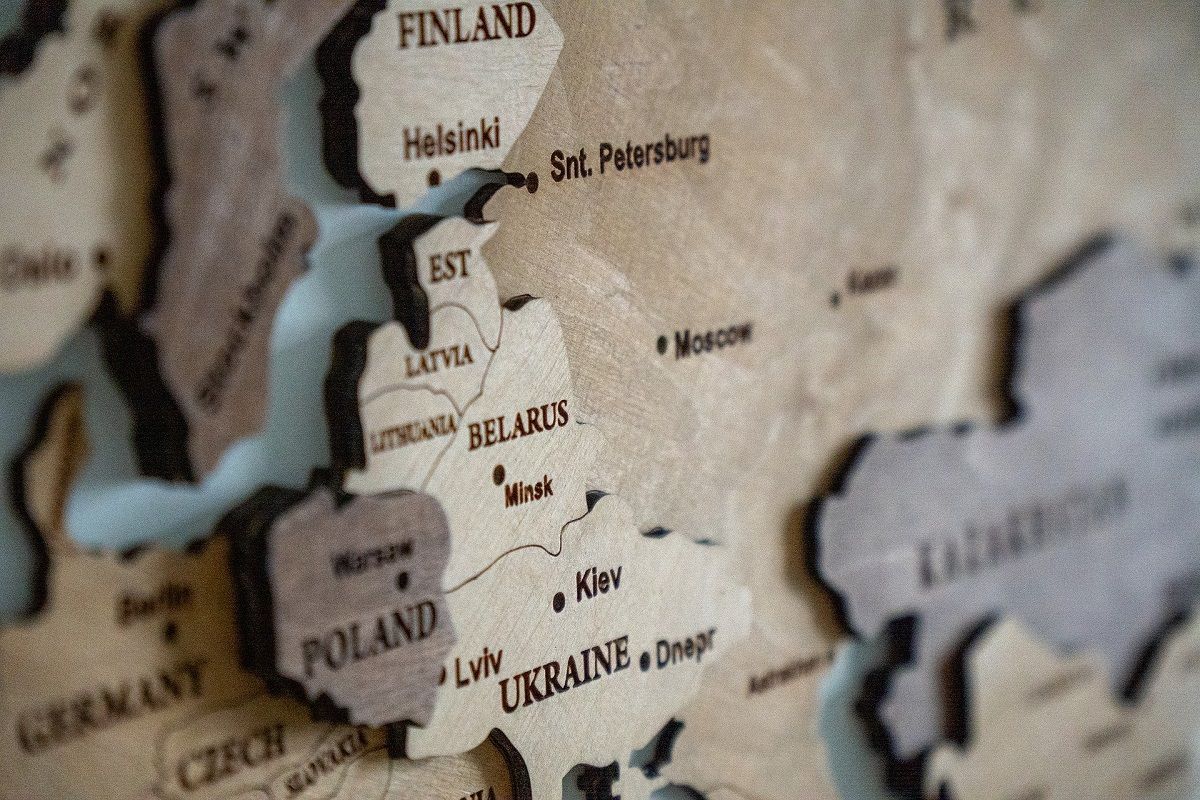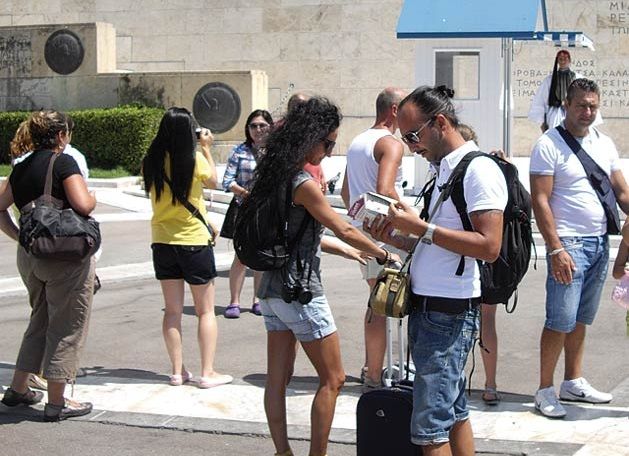Bookings for Travel to Europe Sluggish Due to Russia-Ukraine War
Holiday bookings are slowing down across all markets due to the insecurity created by Russia’s war on Ukraine affecting the positive outlook for travel this season, recently released data reveal.
At the same time, impending increases in travel costs are exacerbating the situation, according to a study carried out by the European Travel Agents & Tour Operators Association (ECTAA) and released this week by the Hellenic Association of Travel & Tourist Agencies (HATTA).
More specifically, ECTAA’s findings reveal sluggish bookings in all markets.
Greece, which is about to officially launch the start of the tourist season this month, as well as Spain, Croatia, Germany, Austria, Sweden, the Czech Republic, Hungary and Latvia, are seeing a slowdown in booking activity as a result of the Russia-Ukraine crisis.
To mitigate the losses, travel agents and tour operators are now focusing on promoting Europe as a safe destination to distant markets and are calling for relief measures to support impacted tourism businesses. In the meantime, they expect travel-related costs to increase in the second half of the year.
Consumers are reluctant to make new bookings, ECTAA Tourism Committee Chairman and HATTA President Nikos Kelaiditis said, adding however that so far, no travel cancellations have been recorded.
Pre-bookings for Greece are recording a significant decline, with the British market being the only one that for the time being does not seem to be affected by the war in Ukraine. Additionally, pre-bookings from Poland and Romania, two key source markets for Greece are also slow.
In the meantime, travel and tourism stakeholders are saying it’s too early to make any predictions for the season ahead but demand so far, they say, is not what they expected. Their main concern is the expected rise in the cost of travel, particularly in the second half of 2022 as a result of soaring energy prices and the increased cost of basic goods. This development, combined with weaker traveler spending power due to inflationary pressures is expected to further discourage potential tourists from booking holidays, the study found.
According to estimates, the cost of a trip in Europe is expected to increase by about 5-10 percent while the cost of a trip from a distant destination, outside Europe may increase by more than 10 percent.
“The indirect impact of the war is the one that raises the greatest concerns regarding organized tourism,” said Kelaiditis following a meeting with ECTAA this month.
The majority (86.7 percent) of ECTAA member associations said high energy prices was their greatest concern followed by longer and more expensive flights (33.3 percent) and the fact that consumers will have less money to spend (66.7 percent).
ECTAA representatives are scheduled to meet with tourism and travel decision-makers including the International Air Transport Association (IATA), the European Travel Commission (ETC) and World Travel Agents Associations Alliance (WTAAA) to find ways to absorb some of the high costs related to travel.







